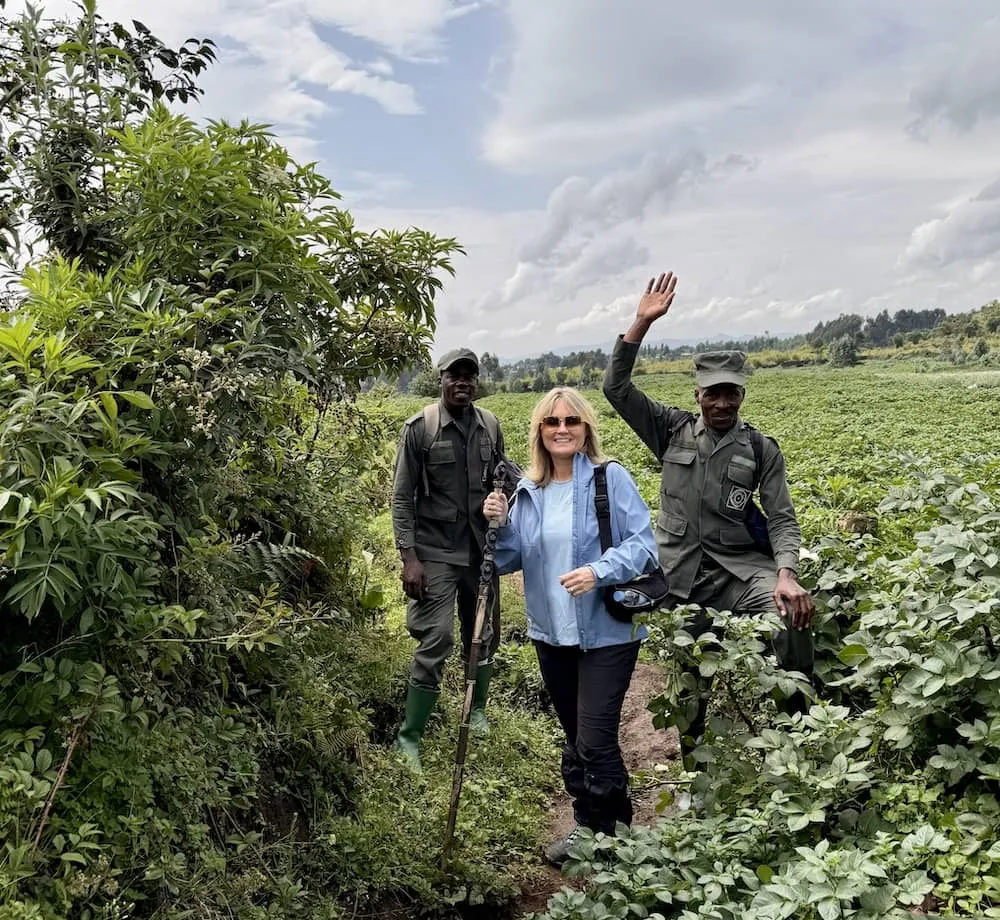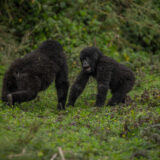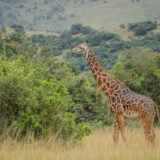How Porters Have Impacted Gorilla Trekking in Rwanda
Behind every unforgettable gorilla trekking experience in Rwanda are the hardworking porters—locals who carry tourists’ bags, assist with trekking, and provide invaluable support on the journey. Often overlooked, porters play a crucial role in the success of Rwanda’s eco-tourism industry. This blog explores how porters have become community advocates, conservation allies, and essential contributors to Rwanda’s tourism success.
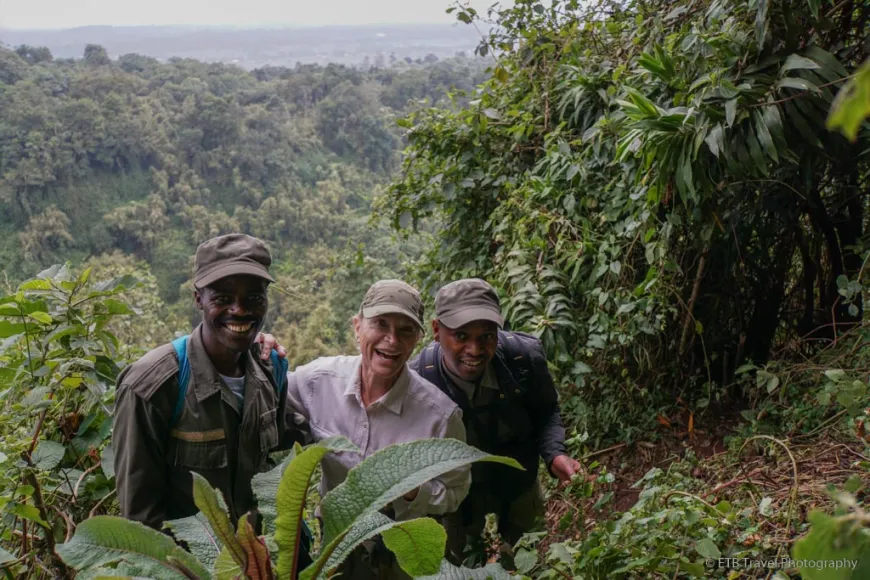
Who Are the Porters?
Porters are typically residents of the communities surrounding Volcanoes National Park. Many are young men and women who once faced unemployment or, in some cases, were involved in poaching. Today, they earn a living helping tourists navigate the forested trails to reach gorilla families. The job requires physical strength, local knowledge, and a welcoming spirit.
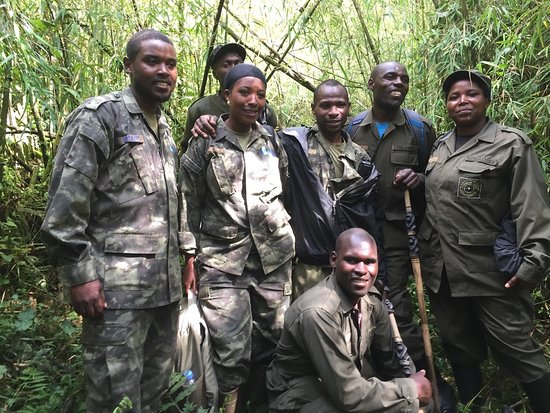
A Pathway Out of Poverty
Earning $10–$20 per trek, plus tips, porters can generate a reliable income. For many, this money supports families, pays school fees, and covers medical expenses. Some porters work multiple treks per week, enabling them to invest in housing, agriculture, or small businesses.
Reducing Poaching and Protecting Wildlife
The porter program has significantly reduced poaching in the area. By offering alternative livelihoods, former poachers are now conservation allies. As their livelihoods depend on a thriving gorilla population, porters have become active participants in protecting the environment and educating others.
Training and Professional Development
Organizations like the Dian Fossey Gorilla Fund and Rwanda Development Board have introduced training programs for porters in customer service, conservation ethics, and basic first aid. Some porters use this experience as a stepping stone to become guides, rangers, or hospitality professionals.
Tourist-Porter Relationships: Personal and Powerful
Many tourists form deep bonds with their porters. These personal interactions often result in lasting friendships, return visits, and charitable donations that support schools, clinics, or scholarship programs in the porters’ home communities. Porters, in turn, share stories of Rwandan history, culture, and ecology that enrich the trek.
Challenges Facing Porters
Despite their importance, porters face seasonal employment and limited career progression. While the role is physically demanding, many lack health insurance or long-term job security. Expanding benefits, formalizing contracts, and increasing recognition can enhance the porter experience and improve retention.
Porters are much more than bag carriers—they are cultural liaisons, conservation champions, and pillars of Rwanda’s eco-tourism model. Supporting porters ensures that tourism remains inclusive, ethical, and deeply connected to the people it most affects. Their stories remind us that sustainable tourism is about people as much as it is about wildlife.

